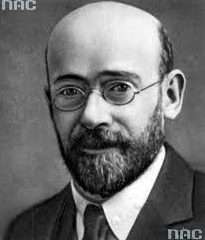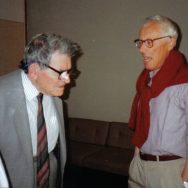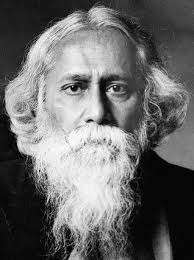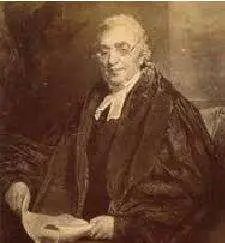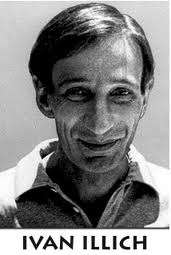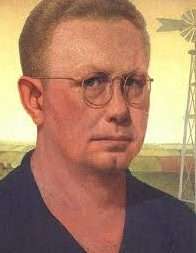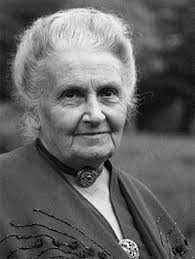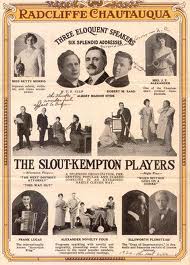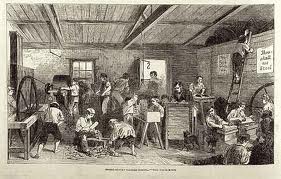Educational History: Janusz Korczak 1878 to 1942
Janusz Korczak was the pen name of Henryk Goldszmit, a Polish-born doctor, author and seminal educator, who dedicated his life to caring for children, especially orphans. Korczak believed that children should always be listened to and respected, and this belief was reflected in his work.
Read more…

